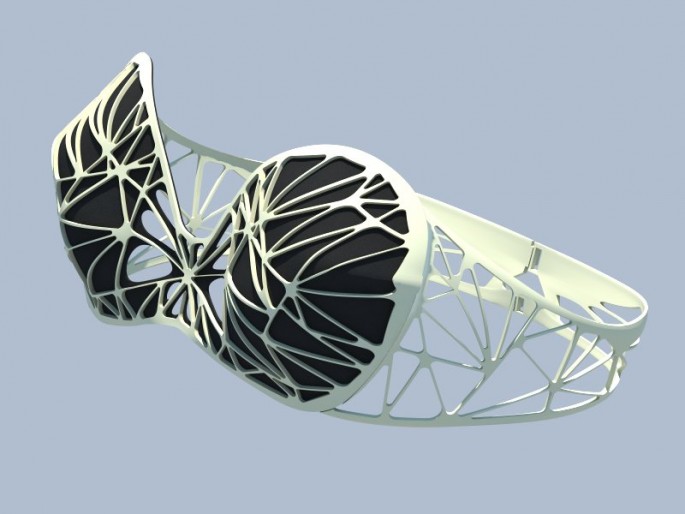If climate change is an imminent threat to the environment, ocean pollution is also part of this global concern where waste from oil spills and different industries are dumping chemicals into waterways, eventually ending up in the world's oceans. This ultimately results in extreme algal bloom, suffocating marine ecosystems.
In order to help alleviate this problem, engineering professor Mihri Ozkan and his team from the University of California, Riverside designed and developed a special 3D printed bikini to absorb toxic contaminants when the wearer splashes and swims into the ocean.
With this ingenious product, Ozkan utilized a reusable material known as the Sponge to create this swimsuit. The team developed this material by using heated sucrose to produce a porous structure that can repel water and at the same time, absorb, harmful contaminants.
This special material was first used by Ozkan and his team to clean up oil and chemical spillages and in order to desalinate water. After initial testing, the Sponge was manufactured into the shape of a bikini which is also encased in a net like cage structure, produced from 3D printed plastic which is also flexible, that can be molded into the shape of the wearer.
Ozkan explains that the filler amount and allocation for the 3D printed material was created from several design options that consider the form and ergonomics of the human body, and in turn, also pushing the boundaries of translucent swimwear design.
The Sponge works by absorbing contaminants by as much as 25 times its own weight. The contaminants then become trapped inside the Sponge's pores and it does not, in any way, comes in contact and harm the wearer of the swimsuit.
Apart from working effectively by absorbing harmful toxins in the ocean, it is also inexpensive to produce, where it only costs US $0.15 cents for the material to be molded into different kinds of outfits and swimwear such as swim caps.



























